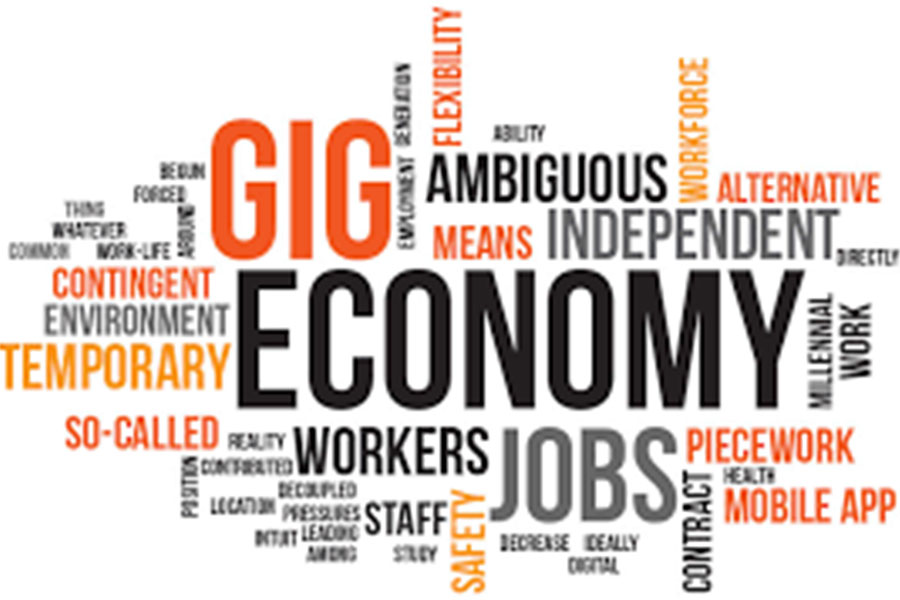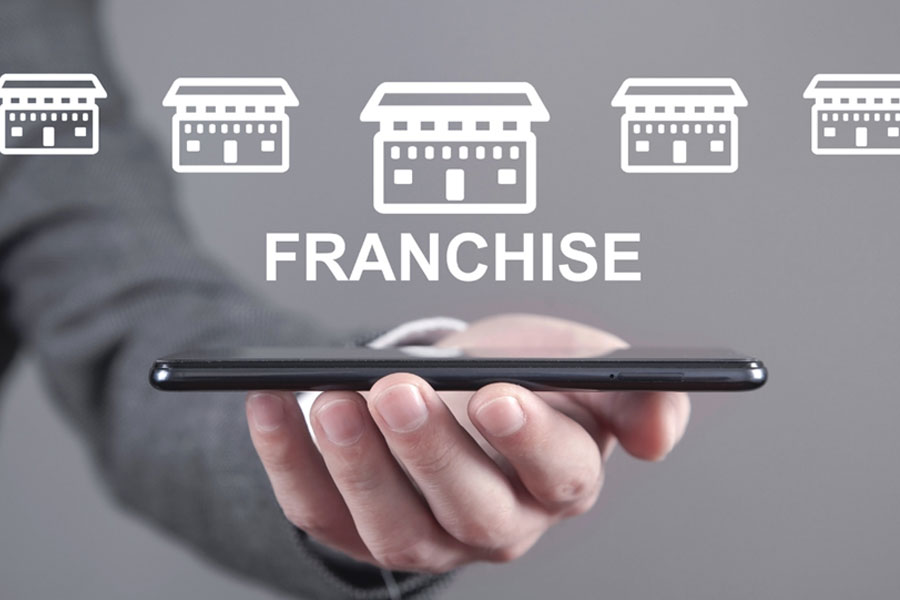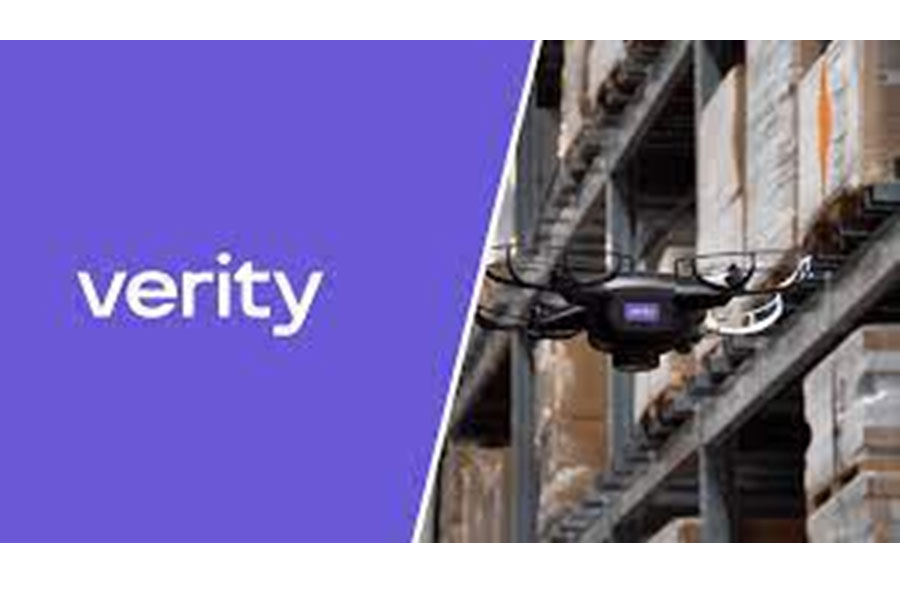
Many companies are now embracing the gig economy, a labor market characterized by short-term contracts or freelance work, moving away from traditional full-time jobs.
While cost savings are an obvious advantage, a significant yet often overlooked benefit is accessing the unique skills of top gig workers from this vast talent pool.
Identifying Top Talent in the Gig Economy
Finding top talent, especially within the gig economy, is crucial for businesses aiming to stay competitive. These individuals are exceptional not only in their skills but also in their approach to work, learning, and collaboration. Let’s delve into the key traits that define top gig workers.
Exceptional Time Management
Top gig workers excel in managing time. This goes beyond punctuality; it includes juggling multiple projects, meeting tight deadlines, and consistently delivering high-quality work. For gig workers, who often handle several contracts simultaneously, time management is second nature. They have developed effective systems to prioritize tasks, ensuring each project gets the attention it deserves. This ability is invaluable, especially in fast-paced environments where time is critical.
Growth Orientation
A relentless pursuit of knowledge and skill enhancement defines top performers. They constantly seek new trends, tools, and methodologies to improve their output or offer innovative solutions. Their continuous learning mentality allows them to adapt quickly to changes, making them valuable in rapidly evolving industries. Their dedication to self-improvement also inspires others within the organization to follow suit.
Deep Understanding of Industry Dynamics
The best gig workers provide deep insights that help organizations navigate complexities and leverage market opportunities. Their experience with diverse clients within their fields allows them to anticipate changes and identify emerging trends. This deep understanding enables them to offer strategic advice that can significantly impact business decisions.
Overlapping Industry Knowledge
Top talents in the gig economy often possess overlapping industry knowledge. By working on projects across various sectors, they gain a broad perspective that transcends traditional industry boundaries. This multidisciplinary approach allows them to draw parallels and synthesize ideas from different fields, leading to unique and innovative solutions. For example, a freelancer with expertise in technology and healthcare can create tech solutions tailored to healthcare challenges, driving advancements in both domains.
Effective Leadership for Gig Workers
As a CEO or business leader, how you incorporate gig workers into your workforce can significantly impact your organization’s agility and productivity. Here’s how to optimize their integration:
Comprehensive Onboarding
A robust onboarding process is essential. Design a program that:
- Educates about company values: Convey your company’s ethos, values, and long-term vision to gig workers. Understanding the larger purpose of their tasks aligns them with your goals.
- Clarifies operational procedures: Provide a step-by-step guide for common processes and explain the tools and platforms your company uses, enabling freelancers to start efficiently.
- Sets clear expectations: Clearly outline deliverables, quality standards, and deadlines. Mutual understanding reduces revisions and increases efficiency.
Effective Communication Strategies
Strategic communication is vital. Implement the following:
- Single Points of Contact (SPOCs): Assign project managers or specific team members as SPOCs to provide clarity and prevent communication overload.
- Regular check-ins: Schedule periodic virtual meetings to keep gig workers informed and connected to the core team.
- Feedback mechanisms: Establish a system for giving and receiving feedback, enhancing work quality and working relationships.
- Tech-enabled collaboration: Utilize collaborative tools and project management software for seamless interaction and progress tracking.
Fostering a Culture of Inclusion
Make gig workers feel as valued as full-time employees by:
- Recognizing contributions: Publicly celebrate the successes and contributions of gig workers. Recognition is a powerful motivator and increases loyalty.
- Encouraging participation: Involve them in relevant meetings and brainstorming sessions. Their unique perspective is invaluable and fosters a sense of belonging.
- Building professional relationships: Encourage your team to build professional relationships with gig workers. This improves team dynamics and creates a network of talent for future projects.
- Equal access to opportunities: Offer gig workers training and development opportunities related to their work with your company. This improves their output quality and shows your investment in them as professionals.
The Gig Economy: A Strategic Business Move
When integrated properly, gig workers can become business catalysts, offering innovative solutions, enabling operational flexibility, and providing a risk-diverse approach to projects. The gig economy presents businesses with a chance to hire top talents with unique skills not always found in traditional setups, propelling significant business growth.
Instead of seeing the gig economy merely as a cost-saving measure, recognize it as a strategic move towards a more innovative, diverse, and effective workforce. Cost-saving is just the icing on the cake!





